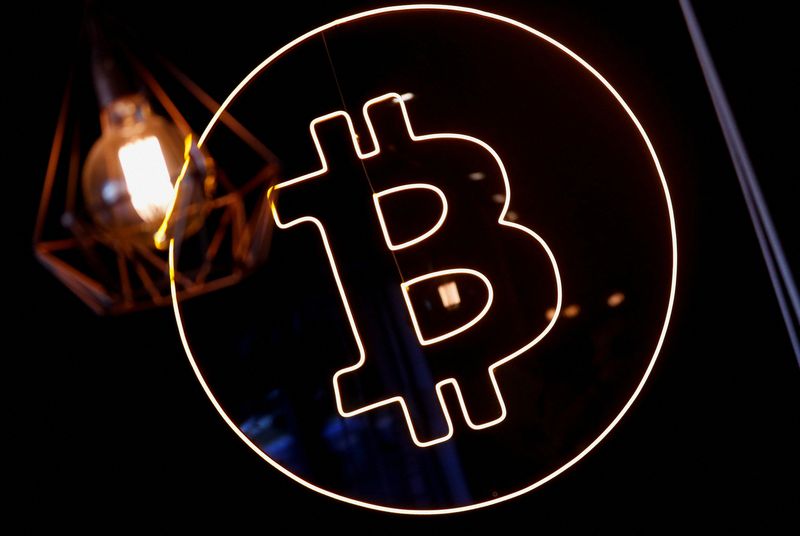The U.S. government, a significant global holder of Bitcoin (BTC), currently controls over 200,000 BTC, valued at around $5 billion, as per data analysis by 21.co. These holdings are securely stored offline in hardware wallets supervised by the Department of Justice and the Internal Revenue Service.
A significant portion of these assets were confiscated from cyber criminals, with three recent seizures contributing approximately 215,000 BTC to the government's treasury. The largest confiscations include 69,369 BTC from Silk Road founder Ross Ulbricht in 2020, 94,643 BTC from Bitfinex hackers Ilya Lichtenstein and Heather Morgan in January 2022, and 51,326 BTC from James Zhong in March 2022.
The U.S. Marshals Service only takes possession of these seized assets following a court's definitive forfeiture judgment. The liquidation process for these cryptocurrencies began in January 2021 and is expected to be completed by the end of 2023.
Historically, the government has periodically auctioned off seized Bitcoin based on court liquidation orders. Notably, entrepreneur Tim Draper purchased 30,000 BTC during such an auction in 2014. Recently, crypto exchanges such as Coinbase (NASDAQ:COIN) have been utilized for selling seized Bitcoin.
This article was generated with the support of AI and reviewed by an editor. For more information see our T&C.
